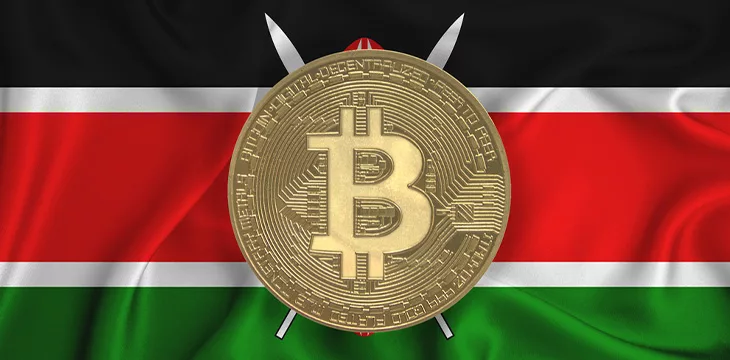|
Getting your Trinity Audio player ready...
|
Kenyan lawmakers have requested the Blockchain Association of Kenya (BAK) to help draft the country’s first-ever digital asset regulatory framework.
BAK was recently invited to discuss the growing digital assets industry by the Departmental Committee on Finance and National Planning. Regulations and taxes took center stage, with the lawmakers proposing drafting a comprehensive framework that will foster innovation and protect investors.
The Blockchain Association of Kenya is currently engaging with the Departmental Committee on Finance and National Planning over the Digital Asset Policy and Regulation in Kenya. pic.twitter.com/jhkOfEa8XW
— NAssembly KE C'tees (@NACommitteeKE) October 31, 2023
BAK’s policy director, Allan Kakai, told one outlet that legislators recently reached out to the lobby group to tap its digital assets expertise. The group first appeared before the committee in May to oppose the digital asset tax. Its petition failed, and the tax was implemented a few months later as part of the controversial Finance Bill.
Two months ago, the organization submitted a petition in court challenging the tax, which demands a 3% tax on the gross value of all digital asset transactions.
After contesting the government’s approach to digital assets for years, BAK could finally be involved in drafting better laws for the sector.
“We got a call from parliament, [saying] yes, we’re interested in learning and exploring what the digital asset space has to offer; what are the policy challenges you are facing, and how can we work together to regulate this space?” Kakai revealed.
Making Kenya the regional digital asset leader
Kenya is one of Africa’s digital asset powerhouses. In 2022, it ranked third in transaction volume after Nigeria and South Africa for digital asset trading volume. Chainalysis’ 2023 report ranks the East African country 21st globally for digital asset adoption and only behind Nigeria and Vietnam for global P2P volume.
Despite its thriving ecosystem, Kenya has yet to implement any meaningful policies for the sector. The closest it has come was with the taxes, but even this was marred in controversy; for instance, the three-percent tax would be levied even on loss-making transactions.
According to Kakai, this laxity goes against the country’s pro-tech approach.
“Basically, we are telling parliament: ‘Look, Kenya has always branded itself as the Silicon Savannah; we are top three for digital assets [volume in Africa], and if we do not develop a clear licensing and regulatory framework, Nigeria, South Africa, Botswana, Namibia, Mauritius would take the lead, and the capital flow that would have come to Kenya [will flock] elsewhere,’” he stated.
BAK becomes the first industry association entrusted with drafting regulatory proposals by parliament. It will collaborate with other stakeholders, including the Law Society of Kenya, on the initiative.
It will also have to work with the Central Bank of Kenya (CBK) and the Capital Markets Authority (CMA). The former has been anti-digital assets for years, discouraging Kenyans from investing in the sector. Most recently, CBK Governor Kamau Thugge told lawmakers that a lack of laws has made ‘crypto’ an avenue for money laundering.
The organization will tap the examples set by other countries that have supported the industry with enabling regulations. In Africa, Mauritius is leading the charge by implementing laws for digital assets and the metaverse.
Globally, BAK “draws inspiration from the Swiss success story,” says Robert Muoka, the founder of MyShamba Digital, a Nairobi-based company that tokenizes real-world assets.
“We aim to create a similar environment of trust, clarity, and innovation here in Kenya, positioning our nation as a beacon of opportunity and a catalyst for the digital economy. We are setting the stage for Kenya to shine as a hub for the digital economy,” he commented.
Watch: Chamapesa’s Michael Kimani helps Kenyans change their views on blockchain

 02-25-2026
02-25-2026 




